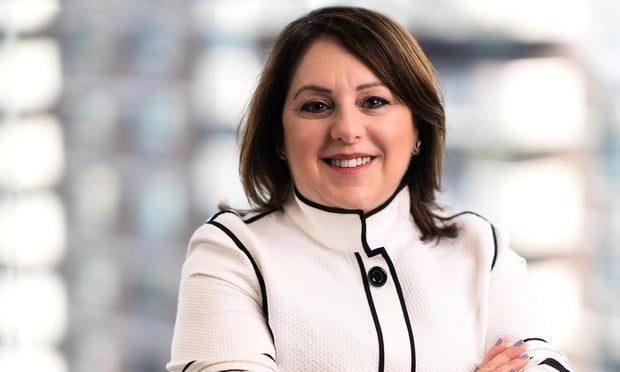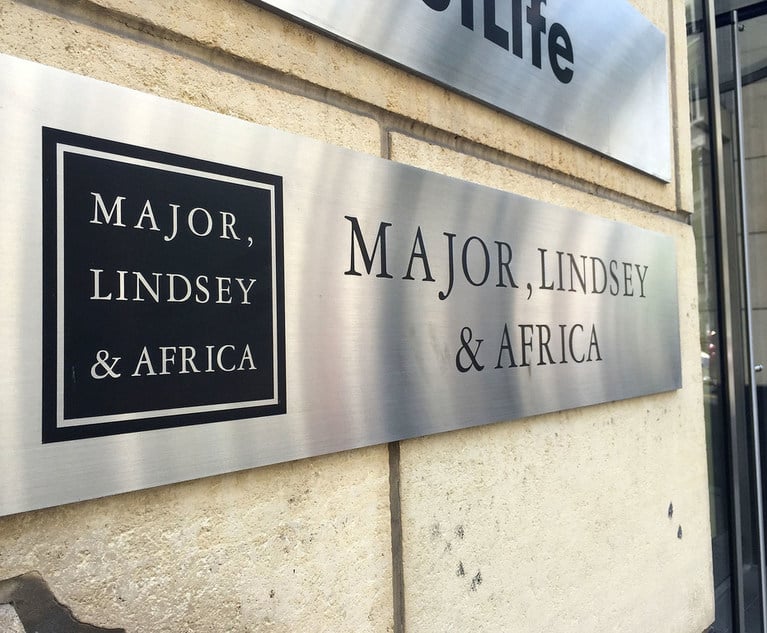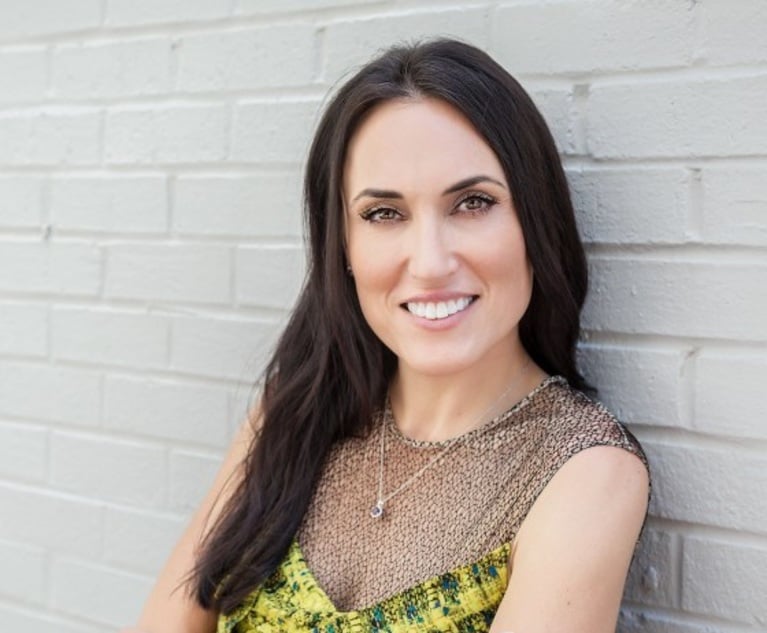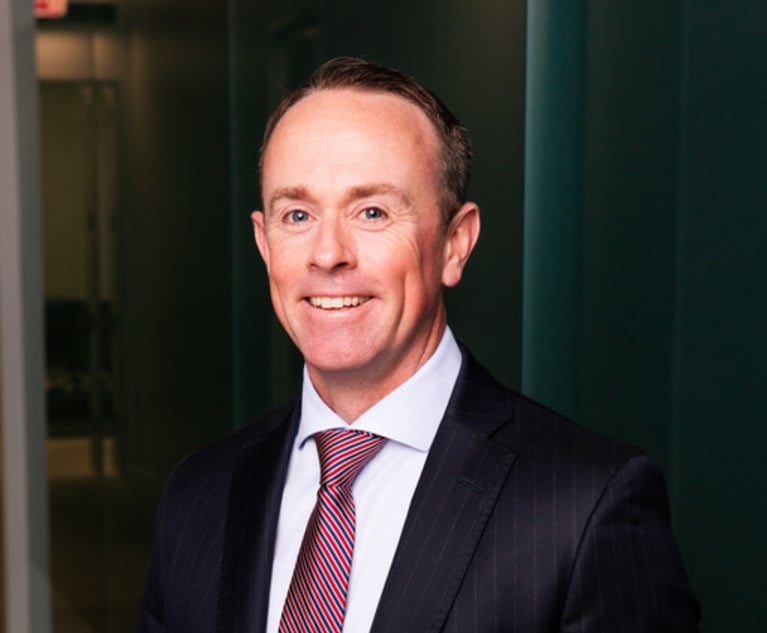We often applaud and bestow accolades on leaders who champion diversity and inclusion within their organizations or the profession generally. Most of these leaders have not experienced being an outsider, but they have become outspoken allies for marginalized groups within our profession. We appreciate their support, but it is not nearly enough. Unfortunately, we often overlook the unsung heroes who stand up to discrimination, harassment and bullying, even at great risk to their careers. Our profession can only achieve genuine diversity, inclusion, equity and elimination of bias when the people in the trenches can speak out against bias without fear of retaliation.
Let’s face it: as reflected in the movie “Bombshell,” a fictionalized account of the misogynistic culture at Fox News under Roger Ailes, and the tsunami of #MeToo claims precipitated by allegations against movie mogul Harvey Weinstein, many people in power openly abuse their position. Meanwhile, most victims and witnesses remain mute due to the proven consequences of speaking out. In “Bombshell,” it was not until the network’s superstars came forward, that scores of other women, less “prominent” women, came out of the shadows. The fear and intimidation that these women felt in the entertainment industry is experienced by many in the legal profession whether they face discrimination, harassment or bullying based on gender, age, race, sexual orientation or other bias. Most targets of unfair or hostile treatment toil in silence fearing that speaking up will be the death knell for their careers—and that’s because often it is. As many of my clients report, those who speak up often face ostracism, unfounded critiques of their abilities and exclusion from desirable work. Even in an era when diversity and Inclusion are popular buzzwords, and law firms and legal departments tout their efforts to overcome traditional barriers to entry and advancement, in many cases, there is a lot of sizzle, but no steak.


 Francine Friedman Griesing founder and managing member of Griesing Law.
Francine Friedman Griesing founder and managing member of Griesing Law.




